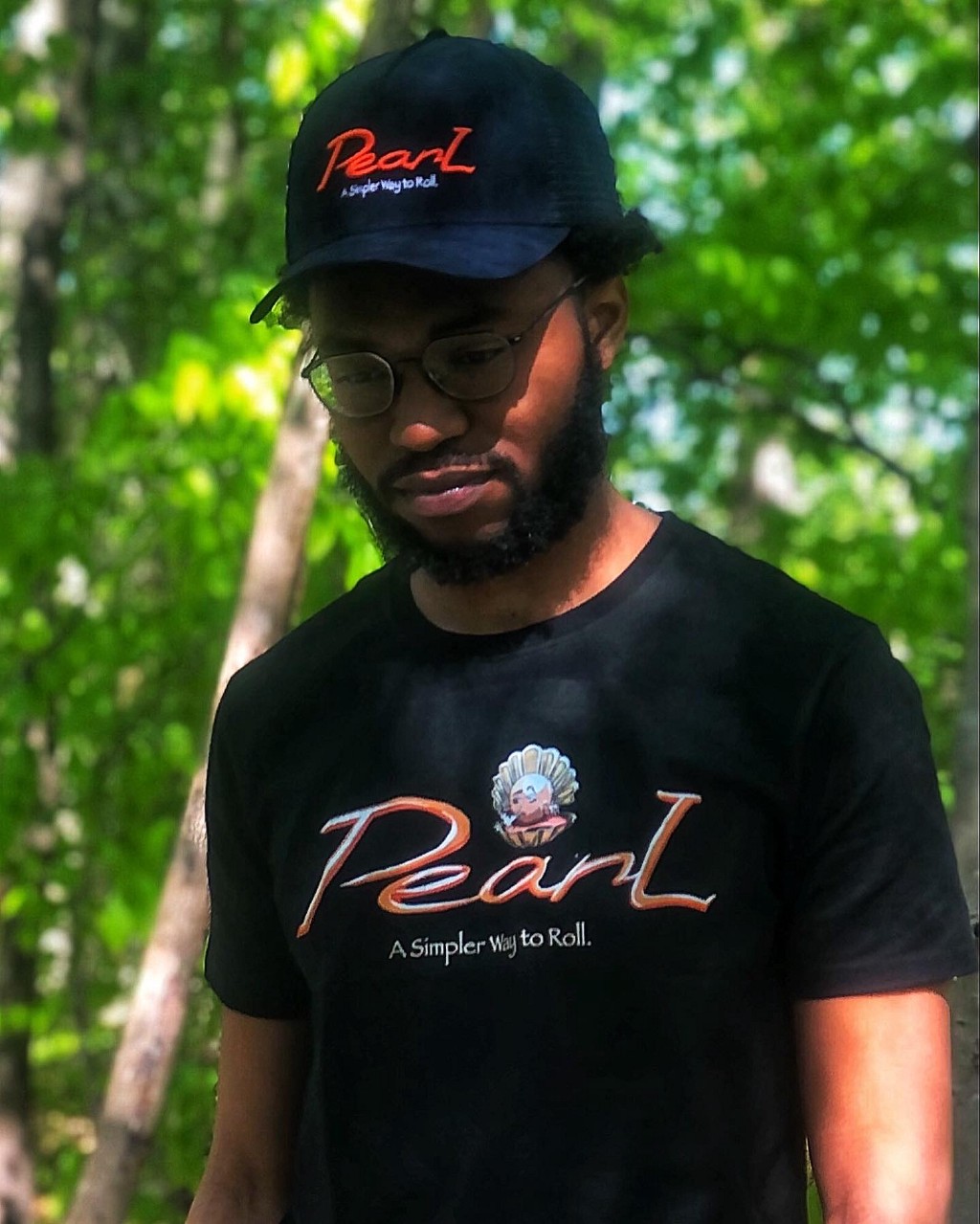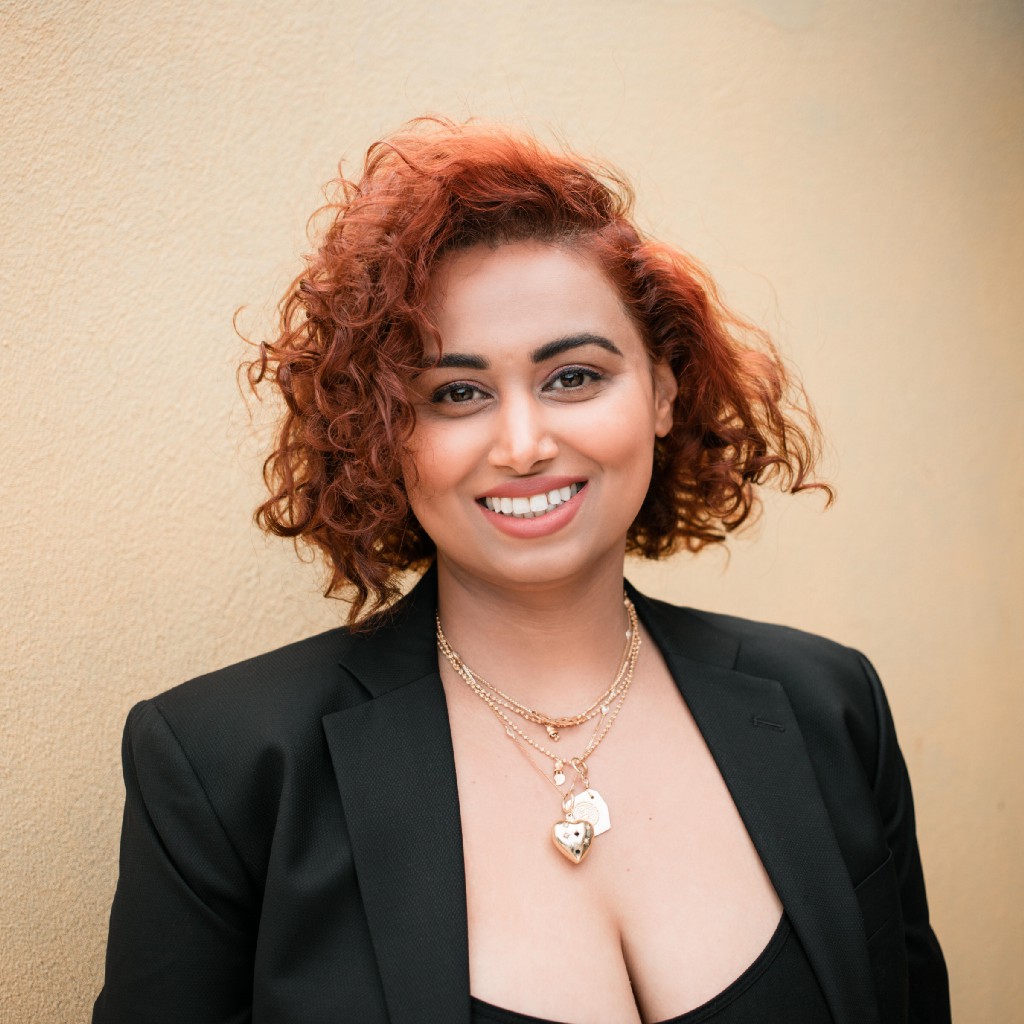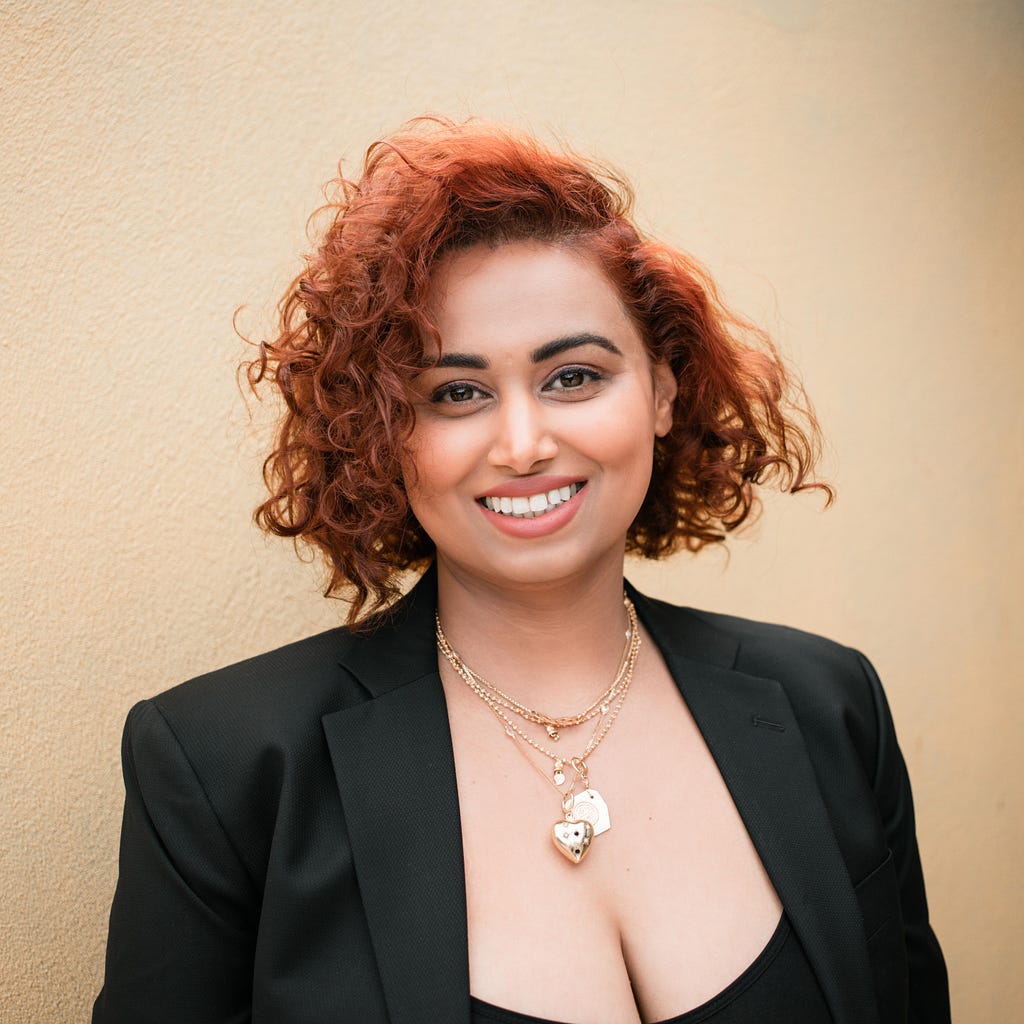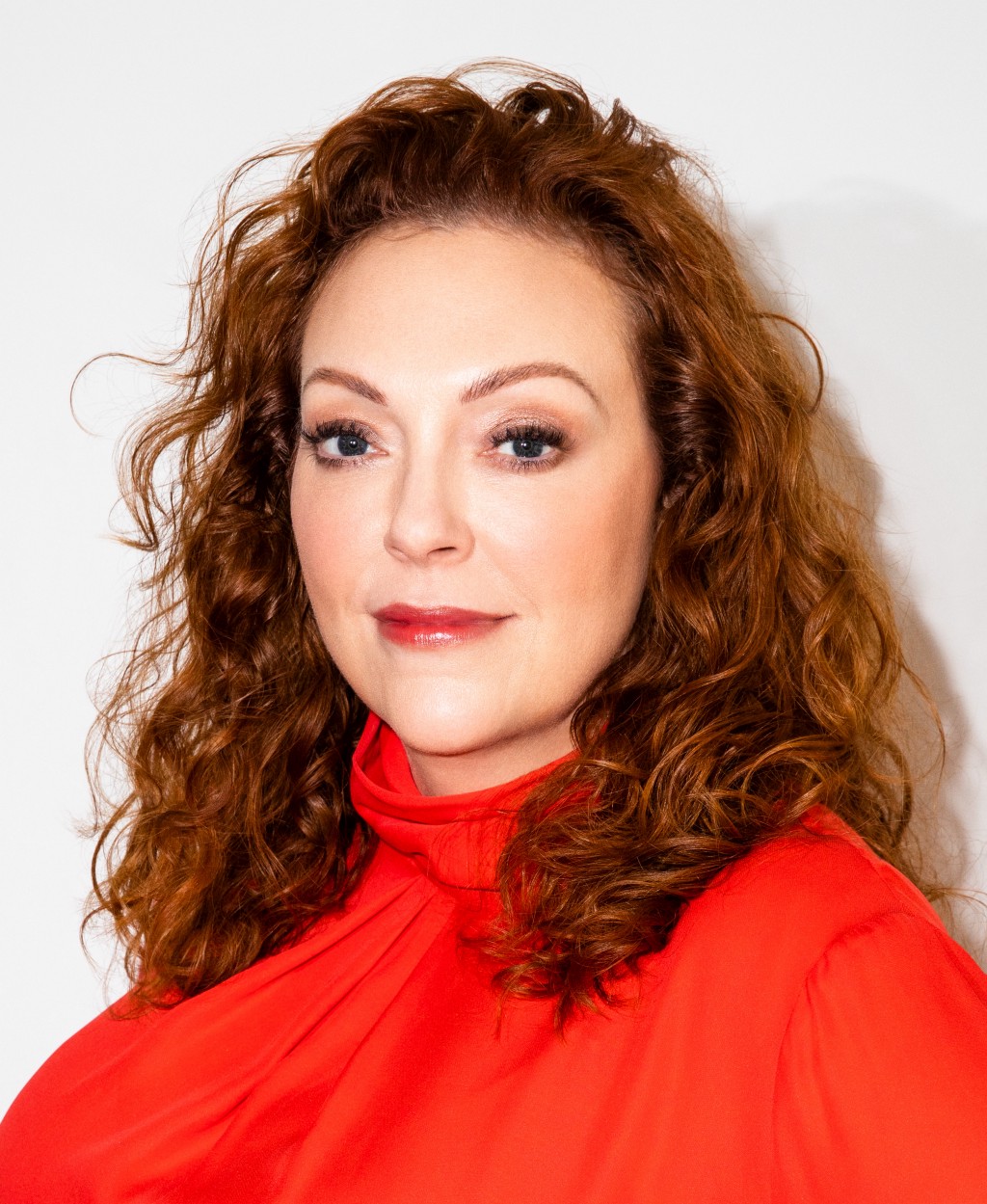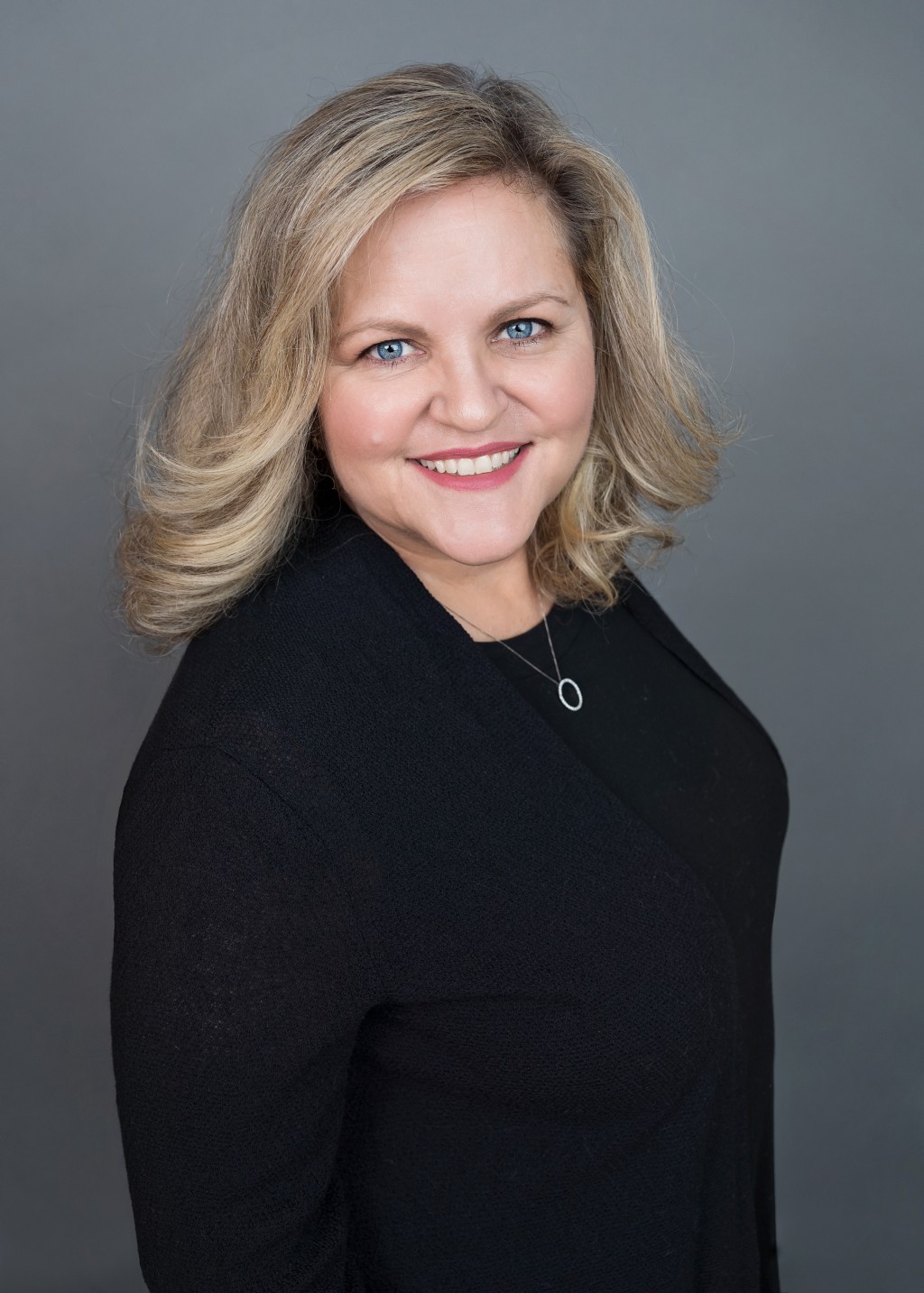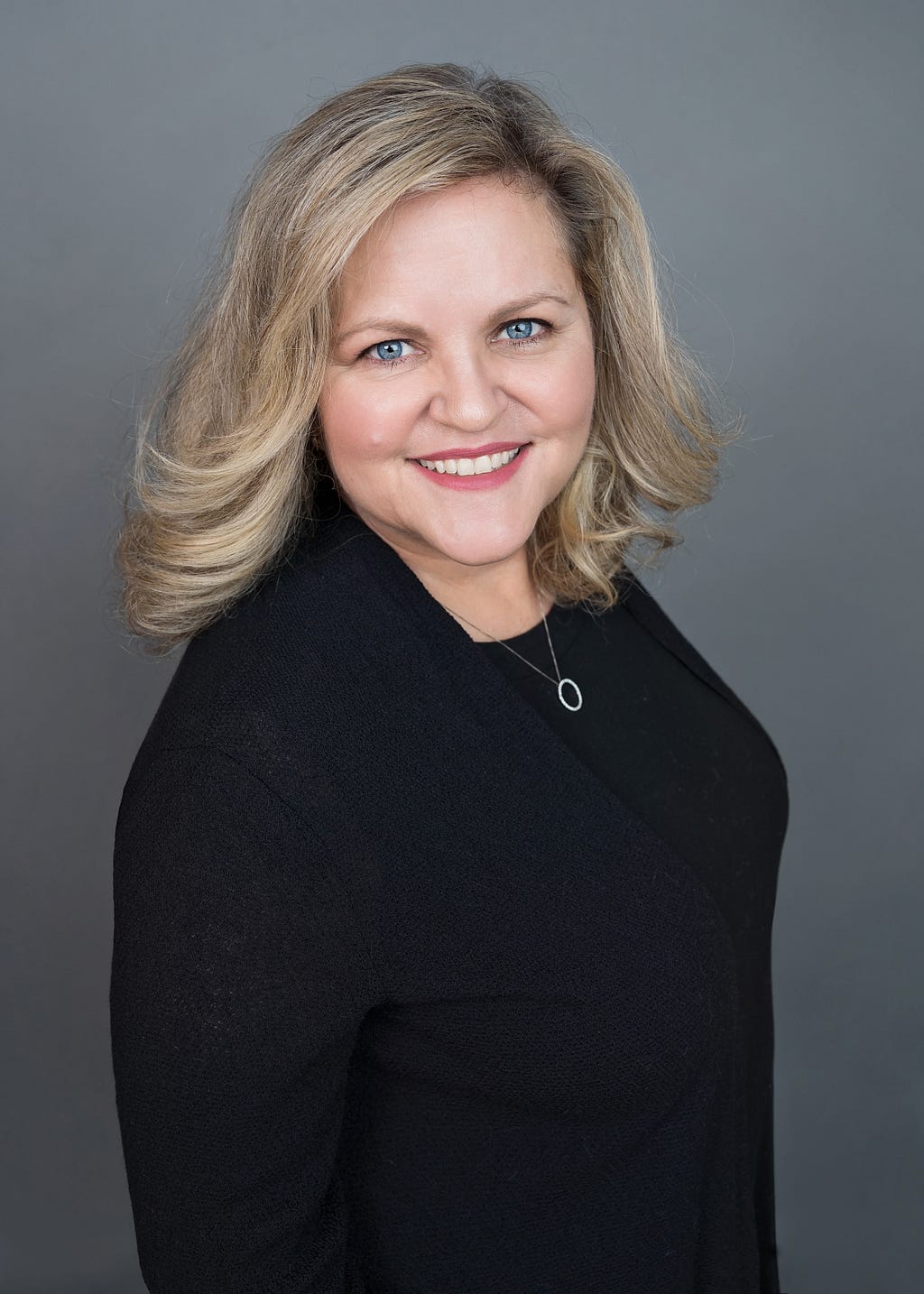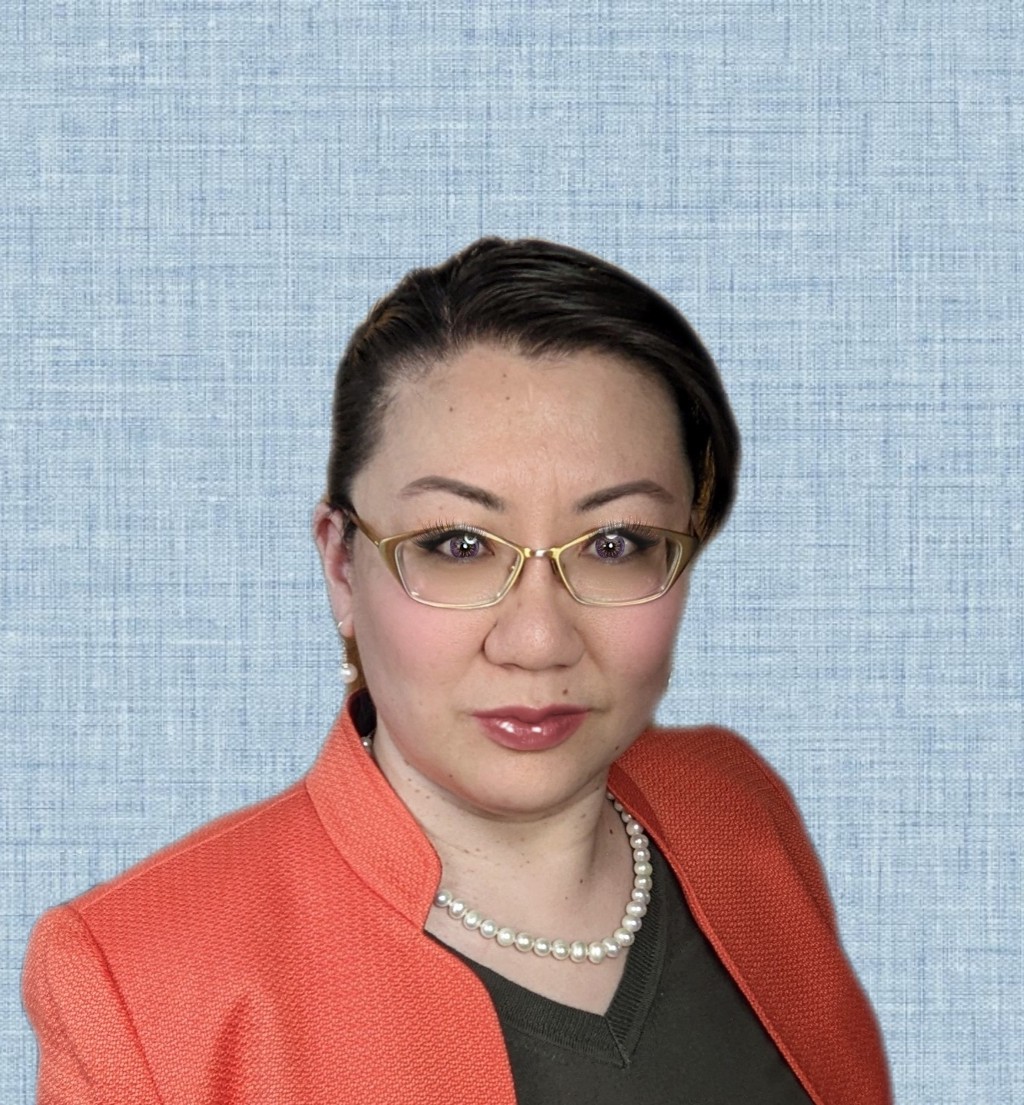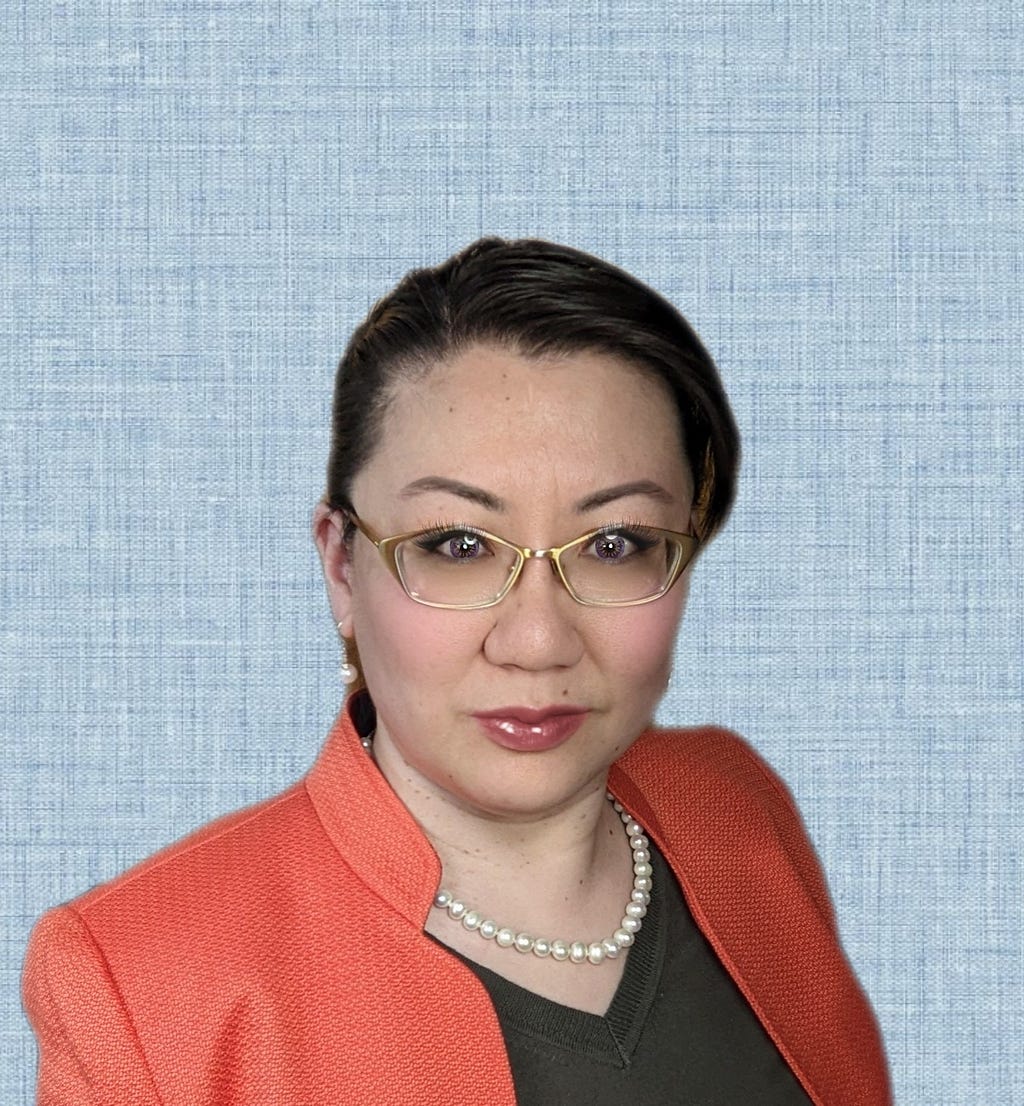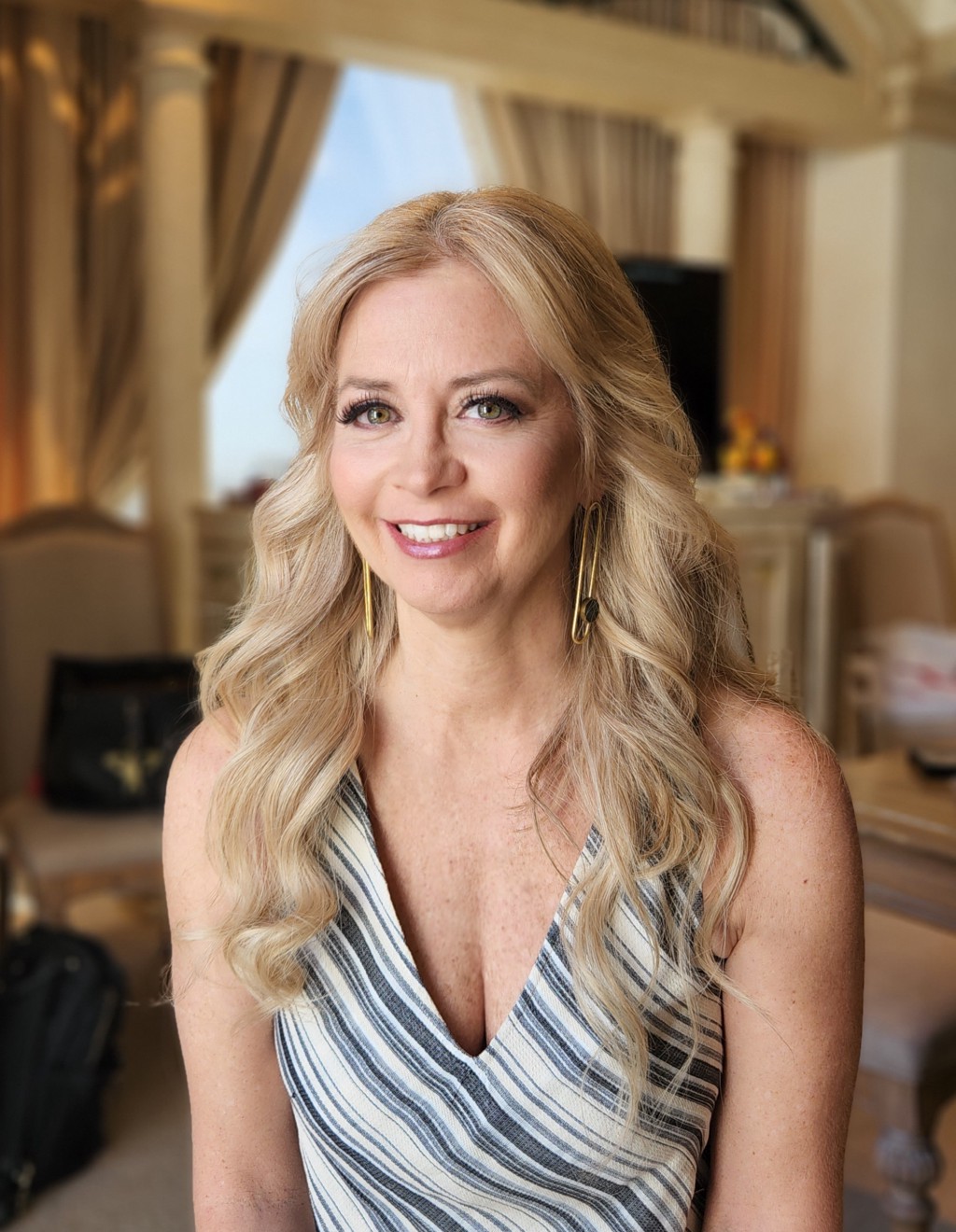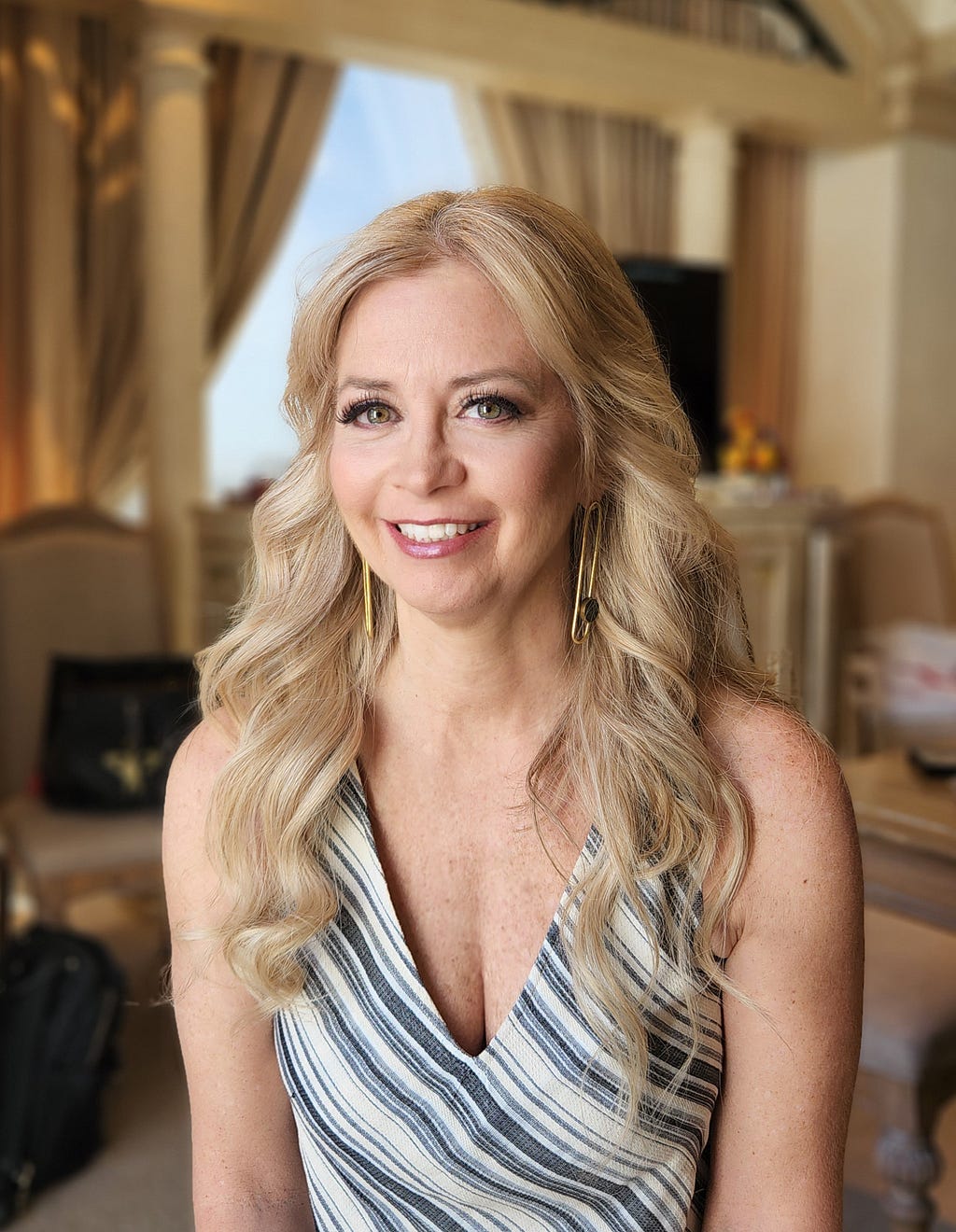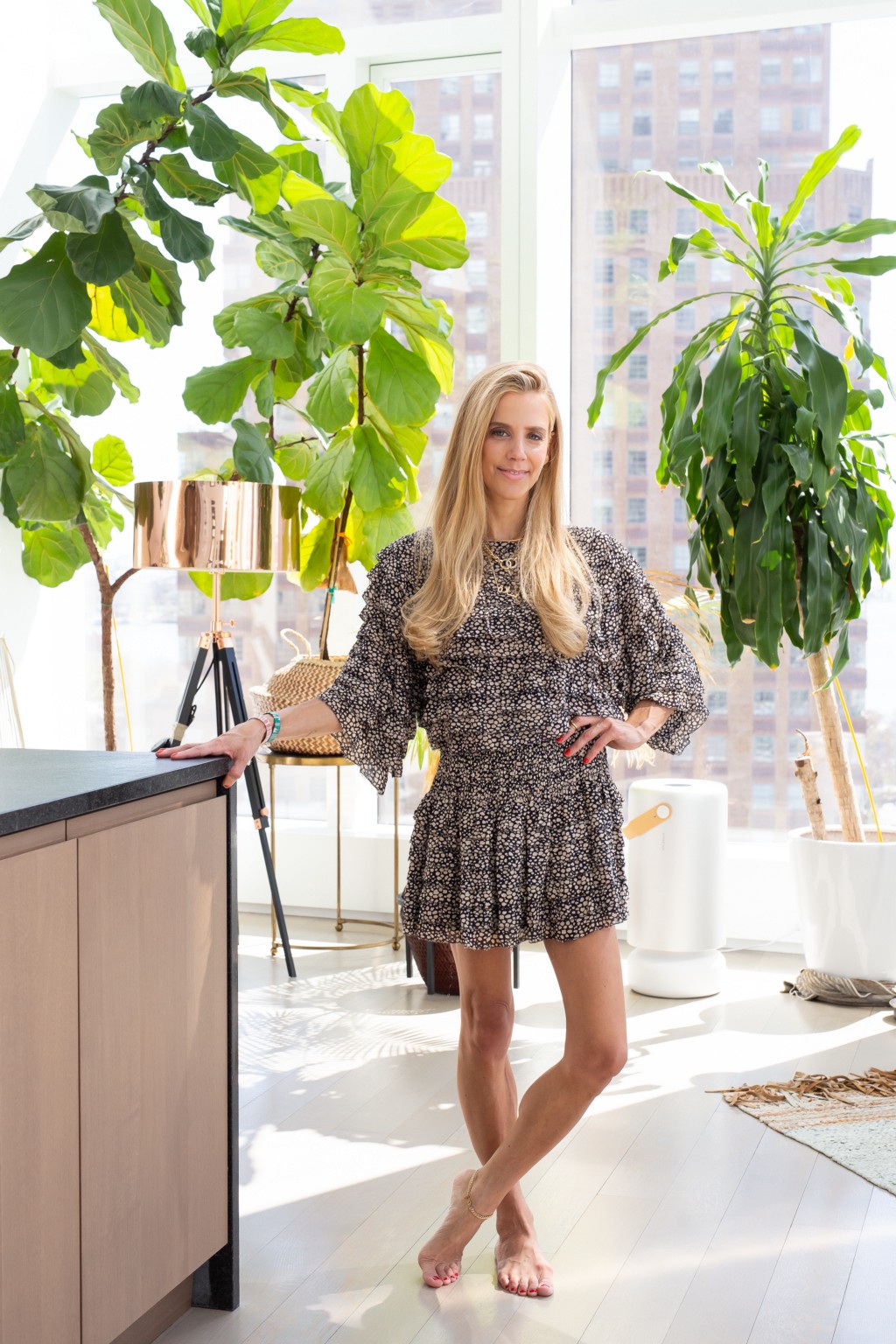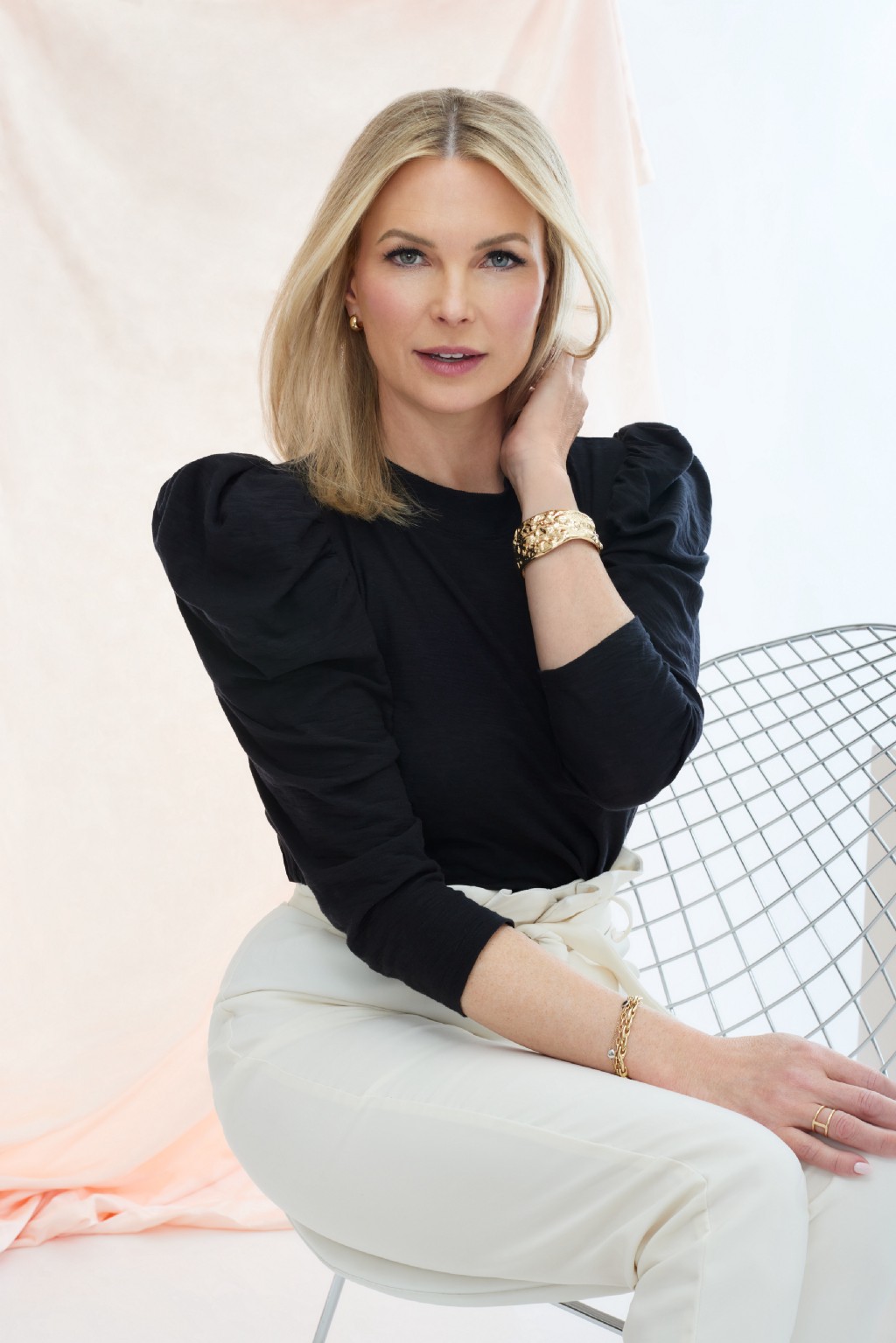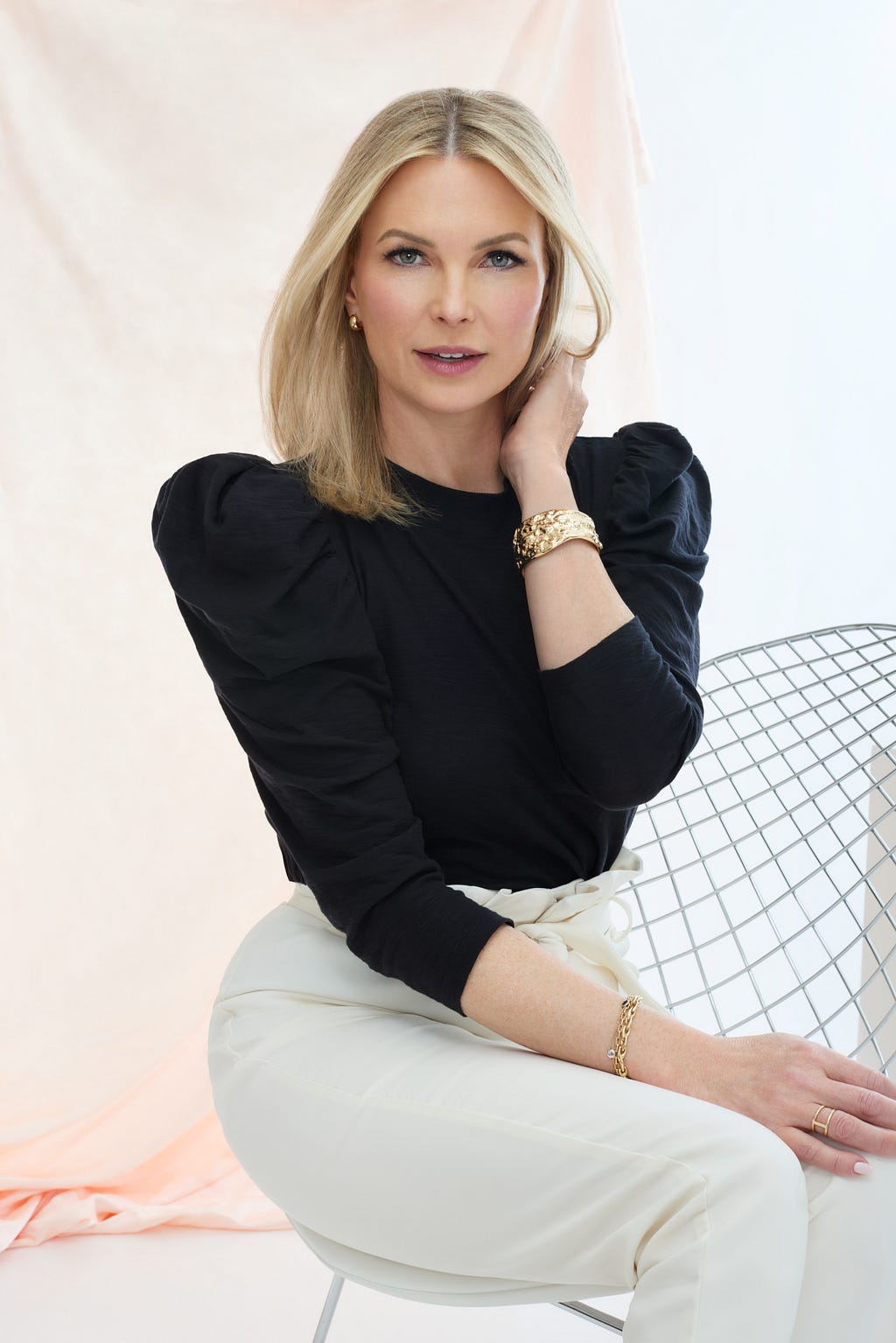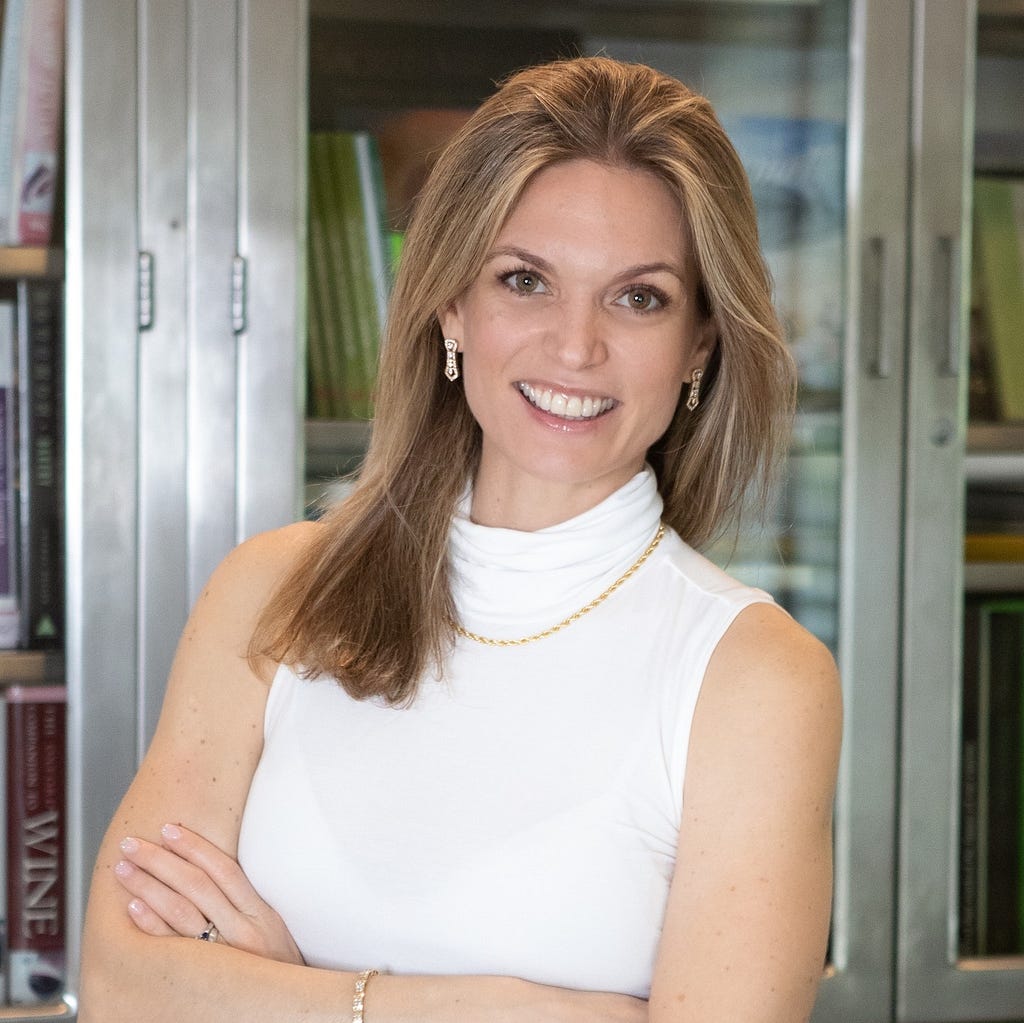Justin Buck of Pearl Rolling Papers: 5 Things I Wish Someone Told Me Before I Started Leading a Cannabis or CBD Business
An Interview With Candice Georgiadis
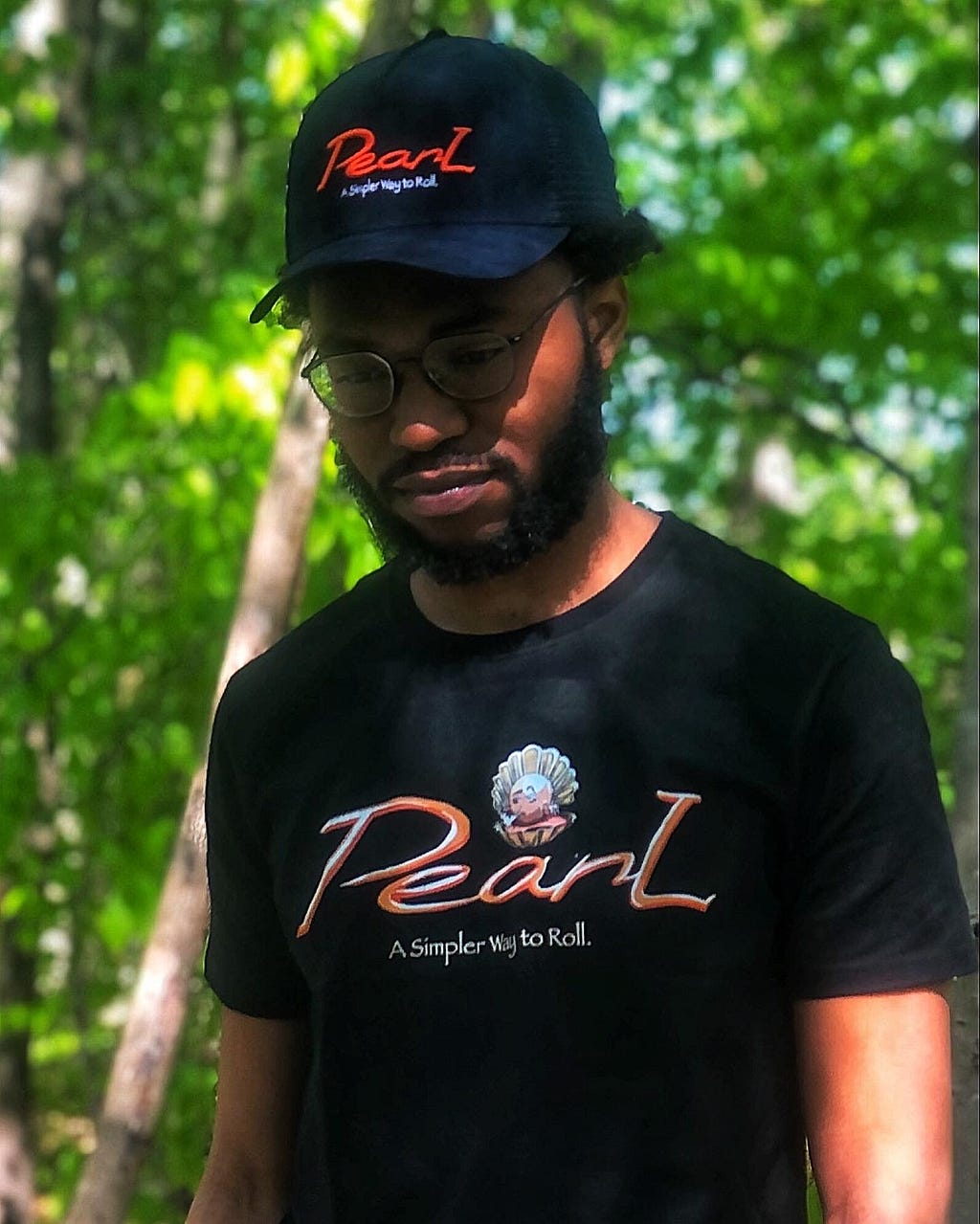
The amount of money that you think it will take to launch or scale your business, you should double and, in some cases, triple that number.
When starting or scaling a business, the first thing that you should do is try to lay out all the expenses that it will take to start or scale it. Once that is complete, you should have a large reserve of money for unexpected expenses. Always hope for the best but be prepared financially for the worst possible outcome.
As part of my series about “5 Things I Wish Someone Told Me Before I Started Leading a Cannabis Business” I had the pleasure of interviewing Justin Buck.
Justin is the CEO and Founder of Pearl Rolling Papers. He is originally from Prince George’s County, Maryland, and was raised in a blended family that was foundational to his upbringing. Being an active athlete, honor student, and older sibling taught him many life lessons that he would depend on later in life.
After he turned 18, Justin moved to Atlanta, GA and obtained his Bachelor’s in Business Administration from Morehouse College. Immediately after, he moved to Denver, Colorado where he worked for a billion-dollar startup company and immersed himself into the roll your own and cannabis industries.
Seeing these emerging industries sparked a passionate energy that motivated him to become a subject matter expert on all things related to cannabis. In 2020, he left his secure job at the unicorn startup company, enrolled at the University of Maryland, Baltimore to obtain his Master of Science degree in Medical Cannabis Science and Therapeutics, and returned to his home state of Maryland.
Since returning home, Justin’s sole focus has been directed to building and scaling Pearl Rolling Papers, assembling a smart and reliable team around him, and finishing his medical cannabis studies. You can purchase Pearl Rolling Papers here.
The rest of his story is to be continued…
Thank you so much for doing this with us! Can you share with us the story about what brought you to this specific career path?
In college, I started to use cannabis recreationally for social purposes. I quickly realized it’s medicinal purpose when it would help me block out distractions and focus on my schoolwork. The more I smoked, the more interested I became with the entire process of smoking. This includes breaking down the cannabis, rolling it up, smoking it, and in most cases passing it to a friend. I enjoyed the process until I had to roll up the cannabis and would become frustrated by how cumbersome and messy rolling up was. I wanted to see if there was an easier way to roll up, so I did some research and saw this video of Wiz Khalifa creating a boat to make rolling up easier. I used that method for some time and then added my own spin on the design to make it more effective. I did this by adding moisture to a small portion of the gum line at the end of the paper to completely seal the boated design. With this added feature, the rolling paper would then have a completely sealed end to fully prevent spillage and a handle + tail to hold on to while filling up the paper. I loved this design and hand-made the paper like this every time I smoked and showed all my closest friends my new method. They all really loved it, but I became tired of hand making the paper like this every time, so I asked myself — why aren’t there papers already pre-boated to make this easier for everyone? When I did my research and saw nothing like the idea I had, that’s when the lightbulb in my head went off. I was still in college, but I said to myself I need to patent this design right now. I realized that I had just identified a gap in the rolling paper marketplace and since then I have committed myself to bringing this vision into fruition.
Can you share the most interesting story that happened to you since you began leading your company? Can you tell us what lesson you learned from that?
I think the most interesting story is how I was able to physically create the product. Once I received the patent in 2020, the hardest part came next — finding a supplier to innovate the rolling paper to match my vision. Innovating is difficult mainly because you can’t do it alone, so it requires partnership, constant effective communication, high minimum order quantities, and long production times.
I spent many months searching for a rolling paper supplier who was willing to change their entire rolling paper manufacturing process to help me change the design of the paper and packaging. During those months, I got rejected by 15–20 suppliers, so I chose to pivot to custom manufacturing. My thought was — if I can get someone to make a custom machine, we can make the papers ourselves in a warehouse. I was able to find a custom manufacturer that agreed to help us out with the machine but quoted the work to be around $250,000 and would take 2 years to complete, which was tough to hear. Although I didn’t have all the money, I asked my high school friend for an investment to help me at least start engaging with them to see if the machine (and the papers) were possible for them to create at scale. This initial investment plus the investments of family members helped propel me forward. We put our savings together and started the process of designing this machine with the custom manufacturing company. During the process, they asked me to send them the hemp paper samples I wanted to use so they could better understand how to feed the paper into the machine without tearing it. I then researched and tested a bunch of different rolling paper samples until I found the one that I liked the most. I reached out to that company, told them what I was doing and asked them to ship the samples to my manufacturer. Then, the greatest moment in the company’s short history happened — the hemp supplier responded and asked “we can send the samples to them, but we can also create this product for you at our facility here. Does that interest you?” I immediately responded “YES”, knocked out the details with them over the next 9–12 months, and then we launched at the end of 2021. I went from thinking I wouldn’t launch the company for another 2–3 years to everything turning around in less than a year. I was just so happy that my determination paid off. I’m very proud of my younger self for pulling that off. The main lesson that I learned from this was to never assume anything based off previous experiences. I assumed that this company would not be able to make the product for me because of the previous rejections I received from every other supplier. Never assume anything and know that it only takes one “YES” to make your vision come to life.
Can you share a story about the funniest mistake you made when you were first starting? Can you tell us what lesson you learned from that?
Personally, I don’t find any of the mistakes that I made funny because I’m very critical of myself and take things too seriously sometimes. The most memorable mistake is not having patience in college to wait until I could afford an actual patent attorney. I thought that I would be speeding up the timeline by not waiting and completing the patent application myself. This decision turned an 18-month process into a 3-year process because of the mistakes I made trying to rush my patent application through. When I graduated college and got my signing bonus from my first job, I spent it on furniture for my apartment and a patent attorney. They were able to clean up the application and push it forward but only after another 18 months of making corrections and working with the patent examiner. From this, I learned that speed is important but taking your time to ensure the best quality work is always the top priority.
Are you working on any exciting projects now? How do you think that will help people?
Yes! My team and I are working on two exciting projects that I can’t wait to launch. The first project is our Non-Fungible Token (NFT) project that we plan on launching in either Q4 of 2022 or Q1 of 2023. Anybody that believes in me as an entrepreneur and Pearl as a company will get to invest and benefit socially and financially through this project. That’s all the information that I want to give out right now, but everyone who is interested should follow @pearlfectionists on Instagram for updates on that. The second project that I’m really excited about is hosting pop-up shops and vending in multiple areas to meet customers in person, build brand awareness, and make industry connections. I’m so inspired to get this work out to the world and hope everything goes as planned.
None of us are able to achieve success without some help along the way. Is there a particular person who you are grateful towards who helped get you to where you are? Can you share a story?
There are so many people within my village that have helped me, but I want to use this platform to shine the light on my team who have been working alongside of me for 5 months now without pay, while working their full-time jobs. It means the world to me that they trust me enough to take that risk and give their free time to this business. Not only do they take several things off my plate so I can do more, but they also motivate me to stay on top of my game because they have sweat equity in the business. I told them I plan on building this business to scale so that they can reap the benefits financially of being on the ground floor of a business that we all believe can be one of the top rolling paper brands globally.
A good story is when my co-owner, Ray, and I went to the Minorities for Medical Marijuana Mixer event last year at MJBizcon in Las Vegas. This was our first time attending an event like this even though we had been to a few other networking events prior. It was a private event that included all the things that a smoker would need, and we met some great people in the industry and became extremely inspired by this event after we left. This led us to planning a similar event on the east coast, which was held on Friday, April 22nd! It was a huge success, and we plan on doing this continuously. I am just so grateful to be on this journey with people who are my close friends and whole-heartedly believe in the vision and trajectory that the company is headed.
This industry is young dynamic and creative. Do you use any clever and innovative marketing strategies that you think large legacy companies should consider adopting?
Yes, I am a big believer in daily content creation but not without a strategic plan. You must walk the tightrope of expressing your creativity and making relevant content that either provides entertainment, education, or shows your product in a unique way. To achieve this effectively, my team and I create our content the week before and then automate the posts on the weekend so that we can focus on making next week’s content and the other things on our collective to-do list. We also have been making a lot of influencer deals so that they can assist us with that content creation and spread our brand awareness quicker than we can on our own. We do other things as well, but I think these two tactics and the way we go about them are innovative and unique.
Can you share 3 things that most excite you about the Cannabis industry? Can you share 3 things that most concern you?
I am also in graduate school at the University of Maryland of Baltimore studying Medical Cannabis Science and Therapeutics and so there are things beyond the recreational use of cannabis that both excite and concern me. Three things that excite me are the novelty of innovations/products, possible federal legalization, and continued efforts for equality in the industry among minorities. Like our product, there are many clever and necessary innovations that have already been created and that are coming down the pipeline. The cannabis industry is one of the few that have many unanswered questions and problems, which allows our generation to be discoverers of scientific knowledge that is currently unknown. As a person who studies the science of cannabis, there are few things more exciting than that. In addition, the federal legalization process is both concerning and exciting, but the exciting part is that cannabis will finally be treated the way that it should have been for the past century. Lastly, the effects on black and brown people from the war on drugs caused by Richard Nixon and Harry Anslinger has set us back centuries. I want to be a part of the process of bringing us back up and reclaiming our market share within this industry.
Three things that concern me are possible federal legalization, cannabis exposure for high-risk populations, and too much human interaction within the plant. Federal legalization can lead to a lot of good, but it can also give leverage to already established multistate operators who can possibly form an oligopoly, which would box out small and minority owned businesses with less resources. Some states, such as Florida, already have laws like this in place that favor big companies over other entrepreneurs trying to get their foot in the door. In addition, cannabis is widely available everywhere and this trend will continue with federal legalization. This is concerning because there are certain groups of people that should not be exposed to cannabis such as pregnant women, young kids, and adolescents. Prenatal, pediatric, and adolescent cannabis exposure have all been studied and deemed as a contraindication due to altered or delayed development of the brain. More research is required, but currently this is something that I know happens too often without people knowing the true consequences. Lastly, the cannabis plant is naturally effective at being therapeutic and psychoactive. Scientists and entrepreneurs are trying very hard to alter the plant for better convenience, a better smell, and a more intense high. I think as an industry we need to leave the plant alone and only alter it for medicinal purposes such as Dronabinol or Epidiolex.
Can you share your “5 Things I Wish Someone Told Me Before I Started Leading a Cannabis Business”? Please share a story or example for each.
1. Prepare for extra fees and barriers for entry since the regulatory process is currently murky.
As a hemp company, there are very little payment processing companies that are willing to take the risk of servicing our industry. At the beginning of our journey, we could only find one company that would allow us to process payments, but their fees were taking a toll on our bottom line. Luckily, I was able to meet one of the partners of Primo Payments at a networking event. They gave us an analysis of how much money we would be able to save since they are a company that specializes in high-risk accounts in the cannabis industry. Working with them has and will continue to save us money, which is why I’m giving them this shoutout. So, if you are a company in the same situation, contact Primo Payments and tell them that Justin sent you. I am very grateful that I started a conversation with a guy standing by himself that ended in a mutually beneficial partnership.
2. Even when you do things you love, you must still do things that you don’t.
When I first started my business, I was so excited to finally be doing something that I am truly passionate about. What I didn’t fully realize was that even though I’m passionate about my product, I still had to complete tasks that were tedious and uninteresting to me. As time went on, I started to understand that these tasks were prerequisites for me to realize my goals. For example, accounting, administrative tasks, supply chain management, and budgeting among other things are extremely necessary but do not excite me. It’s just work that needs to be done for us to reach our goals as a company.
3. The amount of money that you think it will take to launch or scale your business, you should double and, in some cases, triple that number.
When starting or scaling a business, the first thing that you should do is try to lay out all the expenses that it will take to start or scale it. Once that is complete, you should have a large reserve of money for unexpected expenses. Always hope for the best but be prepared financially for the worst possible outcome.
4. Leverage your friendships and connections within your network before outsourcing.
In college, I met and cultivated friendships with so many talented people. One thing that has helped our company immensely is that my talented friends have offered to help me within their specialized fields at a friends and family discount or for free. I have no doubt in my mind that the company would not be as developed as we are now if I did not solicit my friends’ services. It is also important to reciprocate the love that is being shown to you and to never take your friends’ sacrifices for granted.
5. If you’re under 30 years old, be prepared for people to underestimate your intelligence and try to finesse you and your business.
There have been so many situations where I’ve gone into a meeting or a conversation with a person or business who has been in the industry longer than me and they think that because of my age I don’t really know what’s going on. I think people see that I’m young, black, and like to smoke weed and automatically think that I am naive and will submit to whatever their alternative motive is. Personally, I enjoy when people underestimate my abilities because it gives me an opportunity to show them that I’m not someone to be played with. I’m humble but I also know that I’m an extremely educated and intelligent young man — emotionally, interpersonally, creatively, and logically. I also have any shortcomings covered by the people on my team and that I hire for specific projects, so that I am never vulnerable to being taken advantage of.
What advice would you give to other CEOs or founders to help their employees to thrive?
Give them a reason to care and make sure you know what they want out of their time working with you. For example, I do not have any employees because everyone that is on my team is an owner of the company. They know that the company’s success is ultimately their success and I believe that drives them to do great work and persevere when things get difficult. In addition, I also have made sure that I understand their professional goals and what they want out of working with the company. Do your employees want to gain experience for a year or two then leave or do they want to stay with the company and become a part of the C-Suite? Whatever their goals are, as an employer, you need to understand them and then actively assist them in achieving whatever it is they want to gain from this experience. You work for your employees, not the other way around. I disagree with the notion that people are replaceable within the workplace because each individual will provide something different even within the same job description.
You are a person of great influence. If you could inspire a movement that would bring the most amount of good to the most amount of people, what would that be? You never know what your idea can trigger. 🙂
It would be cannabis equity among black people. Before anything, I am a black person and I understand the impact the war on drugs and racism has played on my people’s lives, families, and overall well-being. I want to use my master’s degree and network to work towards creating something that will accelerate the number of black entrepreneurs in the cannabis and ancillary cannabis spaces. This is the most important work that I will be doing, and I hope to change the trajectory of many black lives and families.
What is the best way our readers can follow you on social media?
Our company’s Instagram is @pearlrollingco, but you can also follow my personal Instagram @jbuck13.
This was very inspiring. Thank you so much for joining us!
Justin Buck of Pearl Rolling Papers: 5 Things I Wish Someone Told Me Before I Started Leading a… was originally published in Authority Magazine on Medium, where people are continuing the conversation by highlighting and responding to this story.


